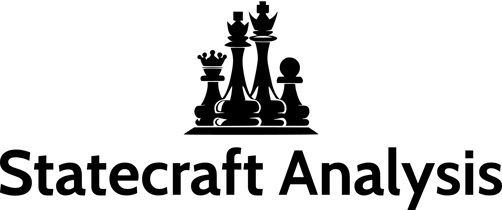John Locke's Social Contract Theory: Exploring the State of Nature, the Nature of the State, and Criticisms
WESTERN POLITICAL THOUGHT
Introduction
John Locke's social contract theory is a significant contribution to political philosophy, particularly in understanding the relationship between the government and its citizens. In this essay, we will delve into the key aspects of Locke's theory, including the state of nature, the nature of the state, and criticisms that have been raised against his ideas.
The State of Nature
Locke's theory begins with the concept of the state of nature, a hypothetical scenario where individuals exist without any form of government or authority. According to Locke, in the state of nature, all individuals are equal and possess natural rights, including life, liberty, and property. However, in the absence of a governing body, conflicts can arise due to the lack of a common authority to resolve disputes.
Locke argues that the state of nature is not a state of chaos or constant conflict, as some other philosophers may suggest. Instead, he believes that individuals have a natural inclination towards reason and the preservation of their own lives and property. However, without a formal system of justice and enforcement, the state of nature can be prone to potential abuses and conflicts.
"The state of Nature has a law of Nature to govern it, which obliges every one: and Reason, which is that law, teaches all mankind, who will but consult it, that being all equal and independent, no one ought to harm another in his Life, Health, Liberty, or Possessions." - John Locke
The Nature of the State
Locke's social contract theory suggests that individuals voluntarily enter into a social contract to form a government. The purpose of this government is to protect the natural rights of its citizens and ensure the preservation of order and justice. According to Locke, the authority of the government derives from the consent of the governed.
Locke proposes a limited government, with its powers restricted to the protection of individual rights and the common good. He emphasizes the importance of the separation of powers and the need for checks and balances to prevent any abuse of authority. Additionally, Locke argues that if a government fails to fulfill its obligations or violates the natural rights of its citizens, the people have the right to rebel and establish a new government.
"The end of law is not to abolish or restrain, but to preserve and enlarge freedom. For in all the states of created beings capable of laws, where there is no law there is no freedom." - John Locke
Criticisms of Locke's Social Contract Theory
While Locke's social contract theory has had a significant impact on political philosophy, it is not without its criticisms. One of the main criticisms is the lack of specificity in defining the terms "life, liberty, and property." Critics argue that these terms are open to interpretation and can vary across different societies and cultures.
Another criticism is that Locke's theory assumes a level playing field for all individuals in the state of nature. In reality, individuals may have different starting points in terms of wealth, education, and opportunities, which can impact their ability to exercise their natural rights equally. Critics argue that Locke's theory fails to address these inherent inequalities and their implications.
Furthermore, some critics question the practicality of Locke's theory in modern society. They argue that in a complex and interconnected world, the idea of a limited government may not be sufficient to address the diverse needs and challenges faced by societies today. Additionally, the potential for individuals to abuse their rights and freedoms can create a state of anarchy or chaos, which Locke's theory does not adequately address.
Conclusion
In conclusion, John Locke's social contract theory offers valuable insights into the state of nature, the nature of the state, and the relationship between the government and its citizens. While his ideas have faced criticisms, they continue to shape our understanding of political philosophy and the role of government in society.
Bibliography
Locke, John. "Second Treatise of Government." Project Gutenberg, 2004.
Sandel, Michael J. "Justice: What's the Right Thing to Do?" Farrar, Straus and Giroux, 2010.
Simmons, A. John. "On the Edge of Anarchy: Locke, Consent, and the Limits of Society." Princeton University Press, 1996.
